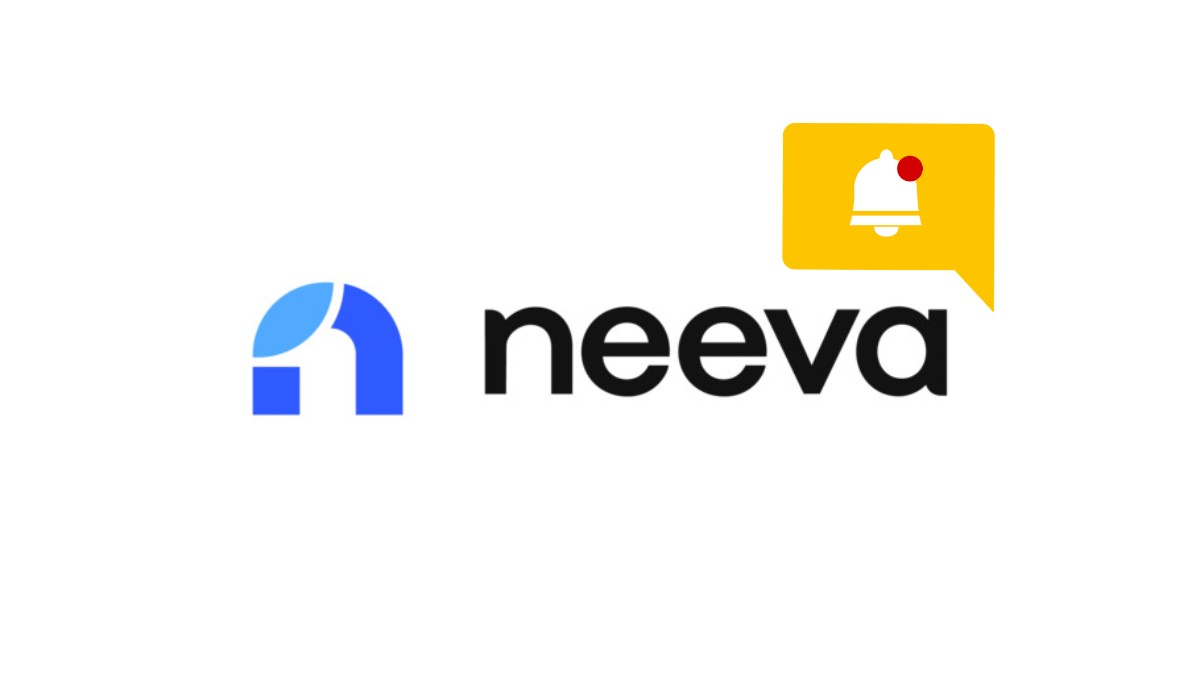In this article, we’ll delve into the circumstances leading to the unexpected shutdown of Neeva, the subscription-based, ad-free search engine.
We’ll also explore the company’s plans to leverage its expertise in AI and large language models for potential enterprise applications.
Key Takeaways
- Neeva, a privacy-focused, ad-free search engine has announced its shutdown.
- Despite initial popularity, the company faced sustainability challenges, primarily due to difficulty in convincing users to switch from established search engines.
- The founders cited user acquisition hurdles and a shifting economic landscape as reasons behind the decision.
- The company promises a refund for the unused portion of the existing users’ subscriptions and assures data deletion as part of the shutdown.
- Neeva’s team has expressed plans to pivot towards enterprise applications, applying its expertise in search and large language models (LLMs).
The Origin and Growth of Neeva
Neeva came into existence with a mission – to take back control of online searches from advertisers and return it to users.
Under the guidance of co-founders Sridhar Ramaswamy, a former Google ad exec, and Vivek Raghunathan, Neeva was a bold answer to the internet’s ad-heavy landscape.
Unlike other search engines that rely on ad revenue, Neeva chose a different path.
It positioned itself as an ad-free and privacy-focused alternative, asking users to pay a subscription fee for an unhindered browsing experience.
Neeva started with a small team of just 50 members.
Despite their size, they made it their mission to build a fully independent search stack, standing toe-to-toe with the internet’s biggest players.
By 2022, Neeva had made impressive progress.
It became the first search engine to incorporate large language models (LLMs) into its search algorithm.
This feature allowed Neeva to provide cited, AI-generated responses to most search queries.
Challenges in Shifting User Habits
While Neeva achieved rapid growth, reaching half a million monthly active users within four months of launch, getting people to change their default search engine proved to be a bigger hurdle than anticipated.
Neeva found that despite the lure of an ad-free experience, users were reluctant to switch from their tried and tested search engines.
The company also grappled with the complex task of educating users about the distinction between a search engine and a web browser.
In fact, the founders acknowledged that persuading users to pay for a better search experience was easier than convincing them to try a new search engine in the first place.
The Economic Environment and Neeva’s Demise
However, it was not just user habits that proved a barrier to Neeva’s success.
An evolving economic environment also played a part in the search engine’s downfall.
The specifics of these economic shifts were not outlined by the company, but the implication is clear – the changes in the economic landscape made the goal of establishing a sustainable business in consumer search unachievable.
As a result, the decision was taken to wind down neeva.com and the associated consumer search product.
Subscribers of Neeva Premium have been assured a refund for the unused portion of their subscription and all user data will be deleted as part of the shutdown process.
What’s Next: Neeva’s Shift Towards Enterprise AI Applications
Despite the closure of its consumer-focused operations, the journey is not over for the Neeva team.
The company has expressed interest in leveraging their expertise in search and LLMs for enterprise applications.
The founders have seen a clear and pressing need to use LLMs effectively, safely, and affordably.
These are features that enterprises today have expressed a great desire and need for.
Neeva’s expertise in areas such as model size reduction, latency reduction, and inexpensive deployment will likely prove invaluable in the enterprise space.
Implications for the Search Engine Industry
Neeva’s rise and fall provide valuable insights for the search engine industry.
Its struggle highlights the difficulties new players face in disrupting established user habits, despite offering unique and potentially superior features.
Furthermore, Neeva’s demise also raises questions about the viability of subscription-based models in the search industry.
Its inability to sustainably attract a significant user base may be indicative of larger industry trends and user attitudes towards paying for search.
However, it is Neeva’s use of LLMs and the potential pivot towards enterprise applications that may have the most significant implications for the future of the industry.
Conclusion
Neeva’s story is a testament to the volatile and challenging nature of the search engine market, even for entities backed by industry veterans and promising unique features.
While the company’s ad-free and privacy-focused model failed to convince enough users to shift from established platforms, its demise has stimulated conversations around the sustainability of such models.
Neeva’s intent to pivot towards enterprise applications by harnessing their AI and LLM expertise signals a promising new journey.
Its impact on the broader search engine industry and tech landscape will be a fascinating watch in the coming times.
 Sections of this topic
Sections of this topic
















